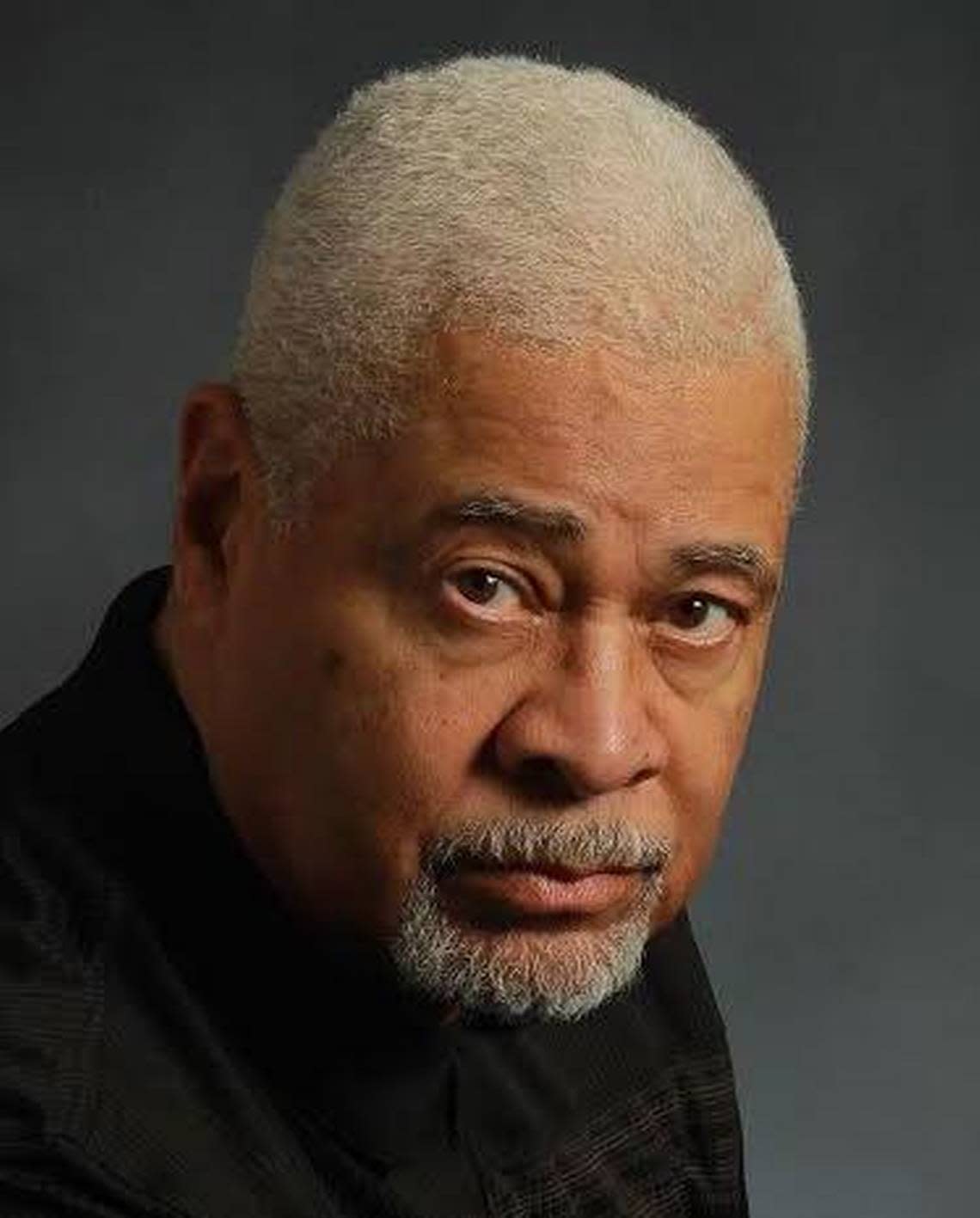Under the baobab: Immigrants are part of democracy’s DNA. Fearing them makes no sense

My father was an immigrant. He was part of the great migration to Chicago from Mississippi — filled with hope, seeking dignified work and an opportunity to make a better life for himself and his children. He left behind white supremacist exploitation. He witnessed the lynching of his best friend in the public square outside the courthouse. He could not vote in his home state.
His great-grandfather, Curtis McKenzie, was a Civil War hero. In 1863 he enlisted with the U.S. Colored Troops and fought for General Grant in one of the two most important battles of the Civil War, the siege at Vicksburg. Along with Lee’s defeat at Gettysburg, it turned the tide of the war toward the eventual Union victory. Curtis, along with nearly 200,000 other African American enlistees, was primarily responsible for saving the Union and freeing his enslaved people.
My dad, like millions of others, joined the army during World War II. He was assigned to the Pacific campaign. Their efforts saved the world from fascism. He made a career of the army, serving in Korea and Vietnam. His continued commitment provided a fertile environment for the development of democracy.
My wife’s ancestors were immigrants. Along with a million of their fellow Irish countrymen, one third of the total population, they migrated from a famine ravaged Ireland during the middle of the 19th century. Like my great-great grandfather, many volunteered to fight for the Union army. My father-in-law, like my father, followed in the footsteps of his ancestors and volunteered for the army during World War II. He also made a career of it and stood on the wall during Korea, Vietnam and the Cold War. Without the sacrifice and commitment of these men and their families, immigrants all, the American democracy as we know it would simply not exist.
We, as a community, as a country, as a culture have lived by this principle. It is inscribed on our sacred monuments: “Give me your tired, your poor, your huddled masses yearning to be free.”
It is repeated in our folklore, “When grandpa came to this country, he had nothing. He built a life for his children out of that nothing.”
It is infused in our blood’s memory, “Grandma took care of the white folks’ children but made sure that hers got their education, so their lives could be better.”
The contribution of immigrants is part of our democracy’s DNA. Their efforts are the cornerstone of our economic prosperity.
The real quandary is how we as a people have evolved from revering the positive impact of immigrants to fearing them. One of the leading candidates for President has even declared that, “illegal immigration is poisoning the blood of our nation. They’re coming from prisons, from mental institutions — from all over the world.”
He is wrong. Immigrants are coming here for the same reasons our great-grandparents did, seeking a better opportunity. They are not criminals. Statistics indicate that immigrants are 60% less likely than native born Americans to be incarcerated for crimes.
They are not competing for scarce jobs. U.S. unemployment is at its lowest point in decades. Also the U.S. population is aging. By 2040, 1 in 5 Americans will be age 65 or over, compared to 2000 when it was 1 in 8.
They are not mules for drug cartels. U.S. border officials say that the vast majority of illegal drugs are carried into the country by legal residents.
An obvious difference between the immigrants welcomed during the last centuries and the ones deemed undesirable in the 21st is their race. Present day immigrants tend to be Black and brown.
“Send these the homeless tempest-tost to me, I lift my lamp beside the golden door!”
As long as they are white.
Charles Dumas is a lifetime political activist, a professor emeritus from Penn State, and was the Democratic Party’s nominee for U.S. Congress in 2012. He was the 2022 Lion’s Paw Awardee and Living Legend honoree of the National Black Theatre Festival. He lives with his partner and wife of 50 years in State College.

